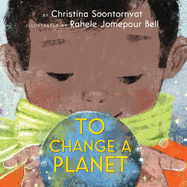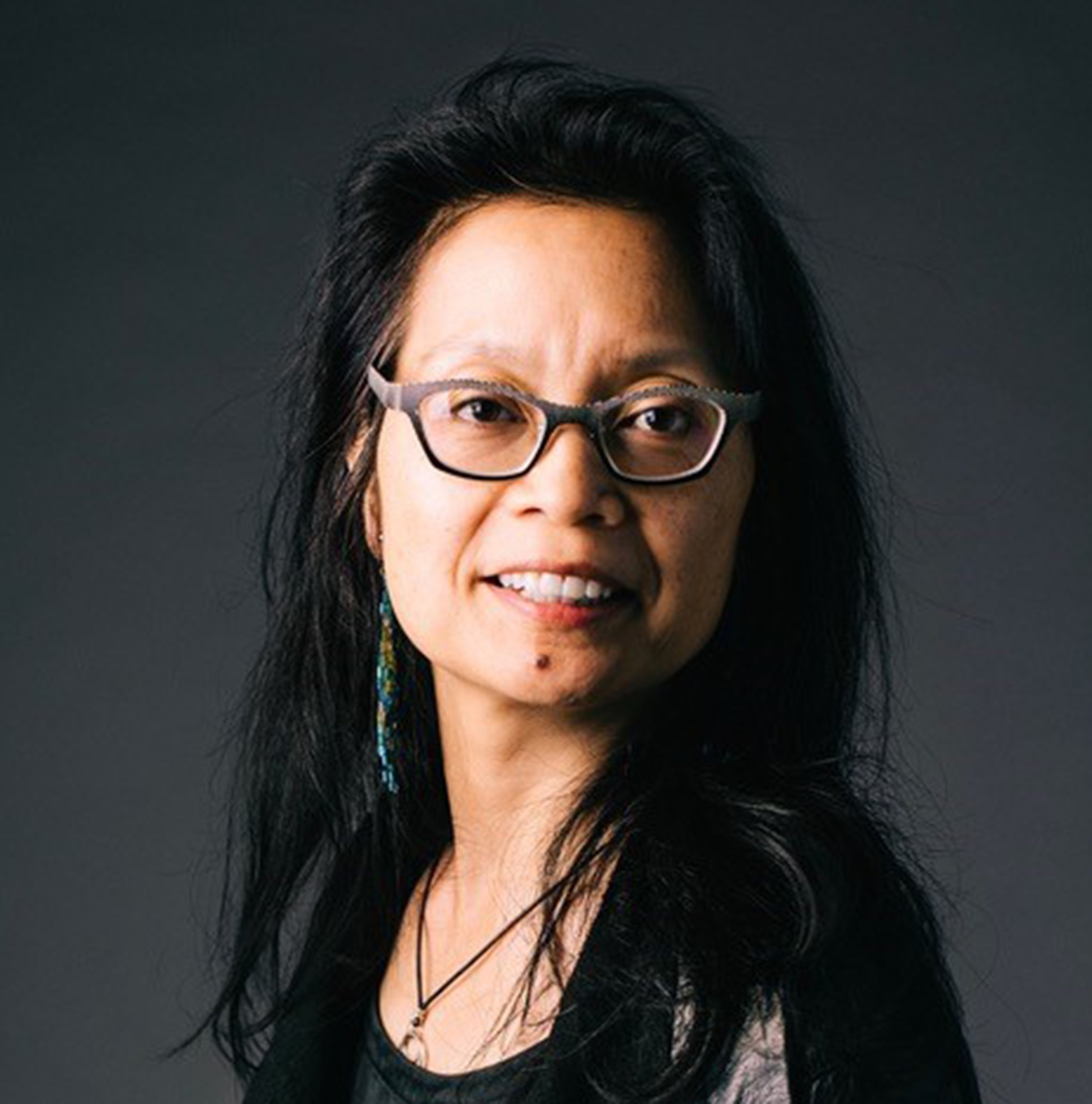 |
| photo: Adrianne Mathiowetz |
Marie Myung-Ok Lee is the author of the novel Finding My Voice, recently reissued by Soho Press, and in 2023, Blackstone Publishing will release her Korean American-centered, non-neurotypical retelling of Of Mice and Men. She is a co-founder of the Asian American Writers' Workshop and at Columbia University she serves as Writer in Residence and faculty member at the Center for the Study of Ethnicity and Race, as well as a lecturer at the School of the Arts. Her novel The Evening Hero (Simon & Schuster, May 24, 2022) took her 18 years to research and write. It follows an OB-GYN who immigrated to the U.S. after the Korean War and who has grown to question the assumptions of the American Dream.
Handsell readers your book in 25 words or less:
An epic tale of one man's journey from growing up in Korea, through war and into a seemingly uneventful American Dream.
On your nightstand now:
Skinship by Yoon Choi--it's an astonishing collection of linked short stories of Koreans mostly in middle age, with their past catching up to them, trying to get by in America. Like the best of Raymond Carver, these stories work with the intricate and intimate details, like the way in Korean culture food is used as an expression of love.
Also, Devil House by John Darnielle, but I'm listening to the audiobook. He not surprisingly has a fantastic and perfect voice for the narrator, but there are musical bonuses!
Favorite book when you were a child:
Fair Day, and Another Step Begun by Katie Letcher Lyle. It's a book no one's ever heard of and I read it way too young! I thought it was about horses; I completely missed the part about teen pregnancy. But I loved horses and read the book obsessively I think when I was eight. My immigrant parents were super pro books and didn't monitor or censor my reading at all.
Your top five authors:
George Eliot: Eliot is a very funny writer (even though the ending of The Mill and the Floss devastated me) and has such a generous but also exacting eye about human foibles. The Evening Hero was originally inspired by Middlemarch, with its look at small village life, prescribed gender roles, and doctors who try to do the right thing and are thwarted.
Sinclair Lewis: Main Street is such a perfect book about small-town life.
Gish Jen: I related to Jen's work as an Asian American of course. She was one of the first representatives of the Asian American author I had when I was trying to become a writer myself. But I think I related to her more as a humorous writer.
Dana Spiotta: Spiotta's novels are really hard to describe except to say they are very, very contemporary and probably will be a hundred years from now.
Flannery O'Connor: I don't know why, as a kid growing up in an all-white rural mining town in upper Minnesota, I was drawn to her short stories (I'm less into her novels), but perhaps there was something in her treatment of the grotesque, of hypocrisy--and her humor--that drew me to her.
Book you've faked reading:
I feel like I faked something recently, but it was more a tossed-off remark because I didn't need to give a pushy stranger who can't read body language and tone more of my cognitive resources--no judgment about the book!
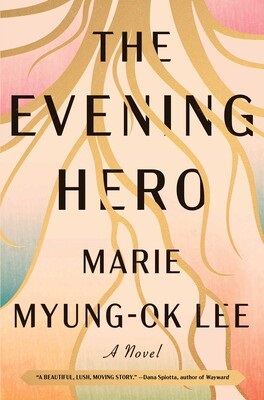 Book you're an evangelist for:
Book you're an evangelist for:
Minor Feelings by Cathy Park Hong. I feel like that book has help buttress up my inner landscape.
Book you've bought for the cover:
Sharks in the Time of Saviors by Kawai Strong Washburn--who doesn't like a book with a shark on the cover that's not Jaws? Oh, and Rachel Khong's Goodbye, Vitamin.
Book you hid from your parents:
I didn't have to hide any books from my parents. They were always happy if I was reading.
Book that changed your life:
A Personal Matter by Kenzaburō Ōe: I read this before I had my son and I am curious how I'd look at it today, but a little scared to try.
Favorite line from a book:
"But when I got hurt, my mom was livid, as if I had maliciously damaged her property" --So ineffably Korean. From Crying in H-Mart by Michelle Zauner
Books you'll never part with:
Middlemarch (I own two copies).
The Bible--not because I'm Christian (I'm Buddhist) but because it was my dad's.
Book you most want to read again for the first time:
Any Flannery O'Connor short story. I found them astonishing and screamingly funny the first time I read them. Also, in "Good Country People," there's a character named Hulga, which was meant to be an exceedingly ugly, rare name but that name (and Helga) was very common in the Scandinavian-inflected rural area I came from, so as a little kid I felt like she was speaking directly to me.
Iris Murdoch's The Sea, the Sea and The Book and the Brotherhood. Regarding the latter, like with Middlemarch, they both have a plot about sort of the pomposity and self-importance of academia. I find that kind of funny because years later that's what I do for my day job; I guess that portrayal didn't dissuade me.
Other languages you read in:
I learned French in college and spent a summer studying in Paris. I had this idea that anyone who wanted to know about literature had to at least read the fundamentals in French. Then after all that, I remembered the only book I really enjoyed reading in French was Bonjour, Tristesse, which normal Parisians would sniff at and tell me was YA trash. And popular, which made it double trash. I could do without the literary snobbery. Right now I'm watching a lot of Korean cinema and TV and noticing that a lot of the nuances of the dialogue are missed in translation. I've enjoyed a lot of Korean literature in translation and wonder if I need to start reading in Korean. It would take a lot more to do that than to read in French. But I feel in general, for writers, you can't really understand how language works unless you have something to compare it with, which is another language.
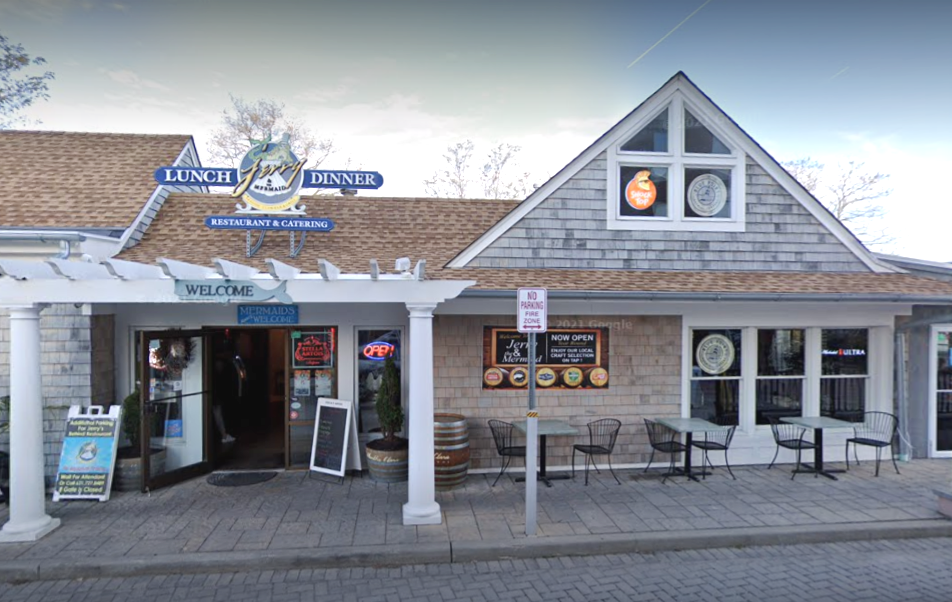






SHELFAWARENESS.0213.S4.DIFFICULTTOPICSWEBINAR.gif)




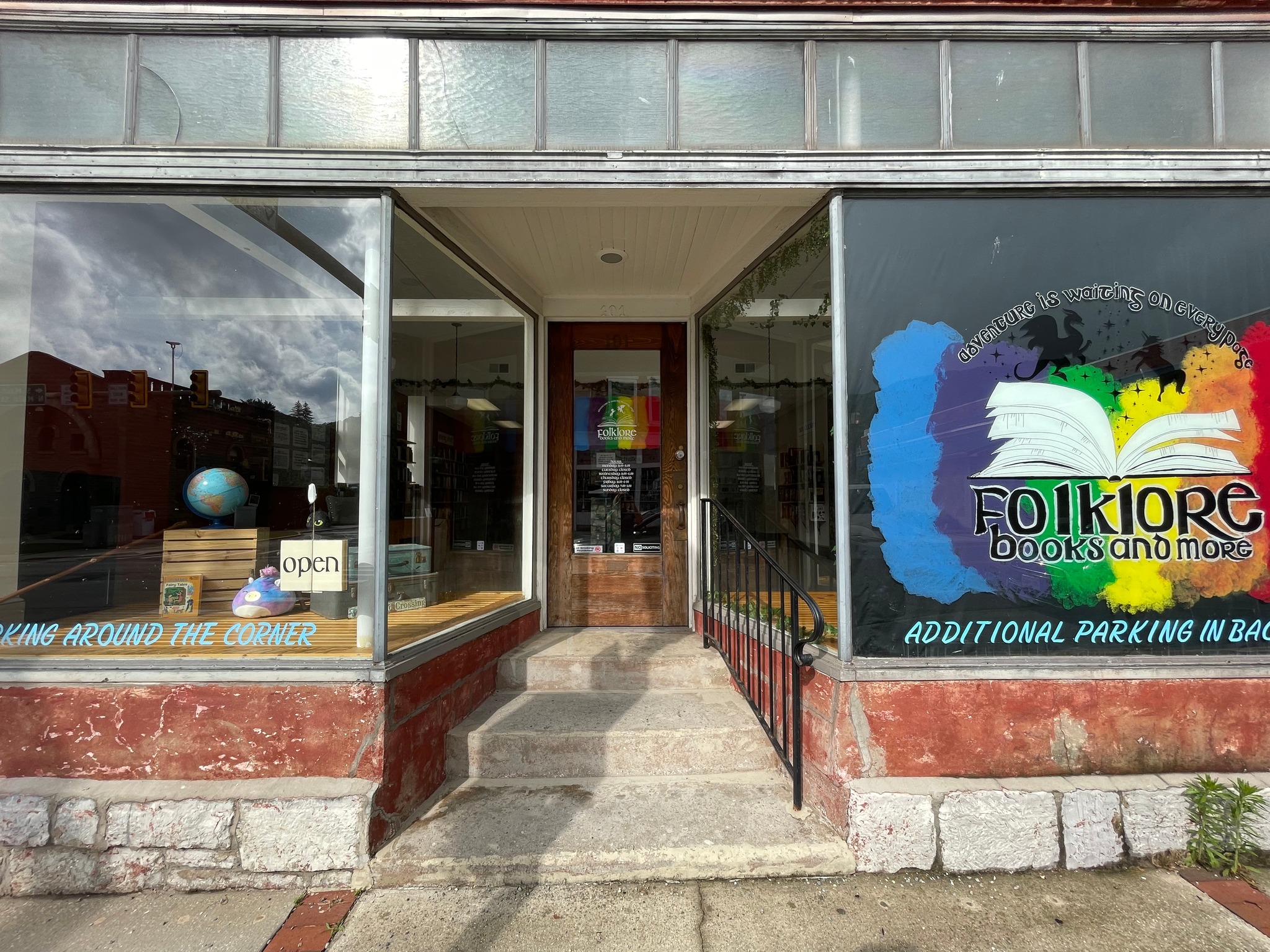

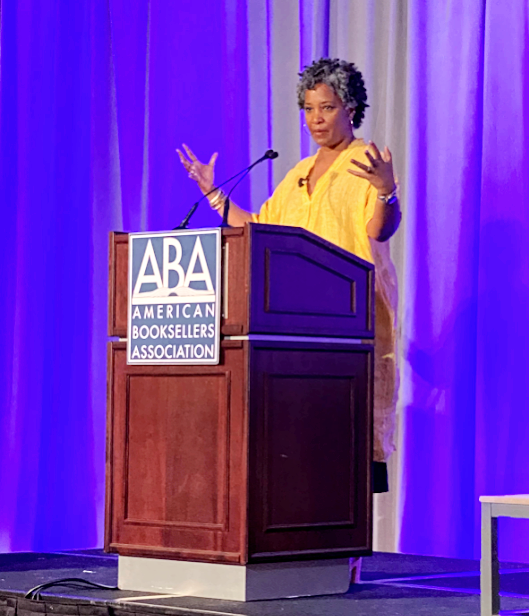
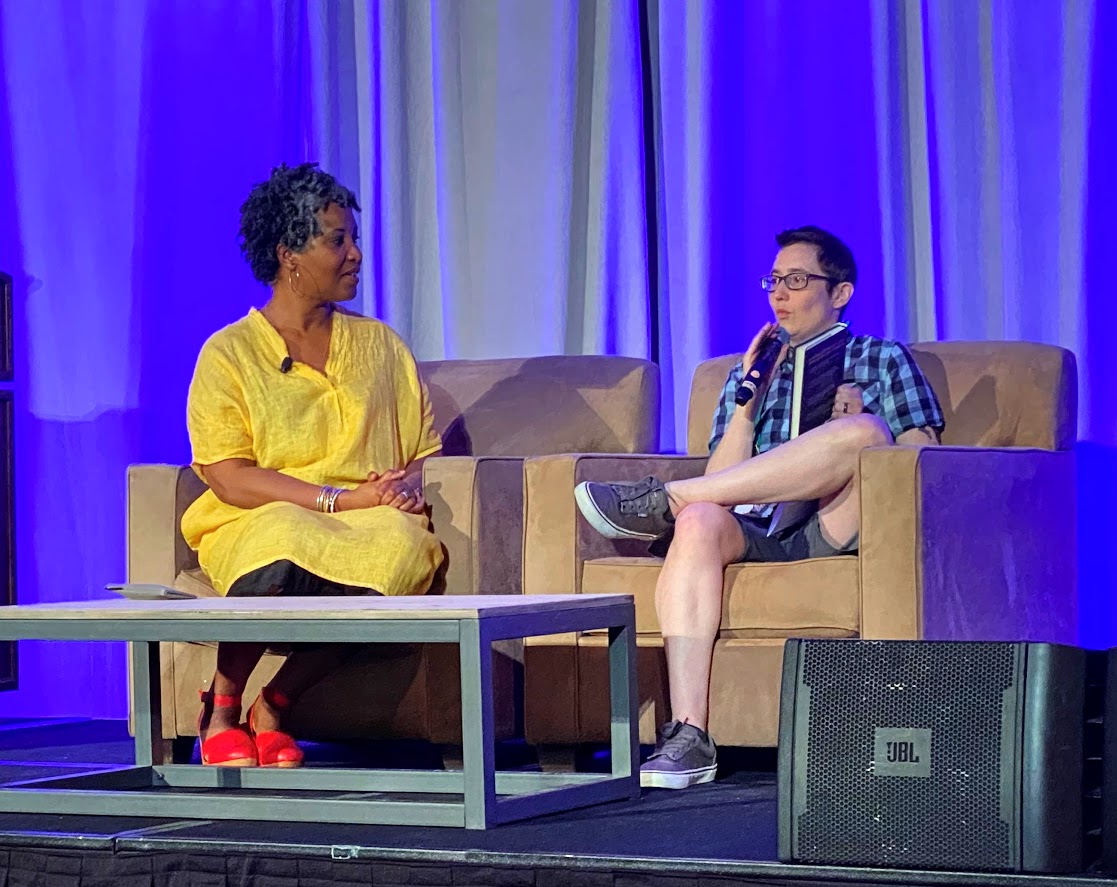
SHELFAWARENESS.0213.T3.DIFFICULTTOPICSWEBINAR.gif)
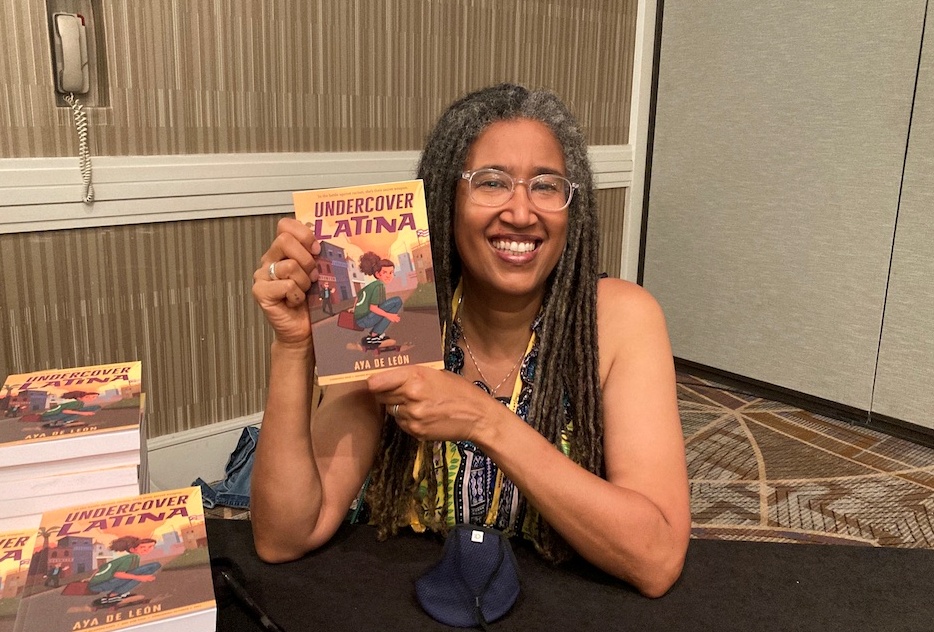 Aya de León, author of Undercover Latina (Candlewick).
Aya de León, author of Undercover Latina (Candlewick).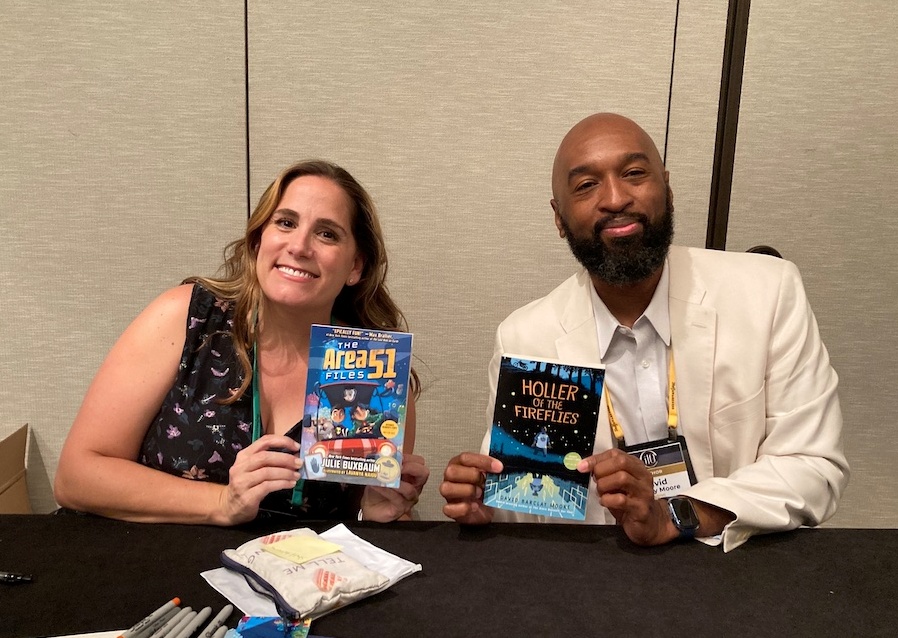 Random House Children's Books authors Julie Buxbaum (The Area 51 Files) and David Barclay Moore (Holler of the Fireflies).
Random House Children's Books authors Julie Buxbaum (The Area 51 Files) and David Barclay Moore (Holler of the Fireflies).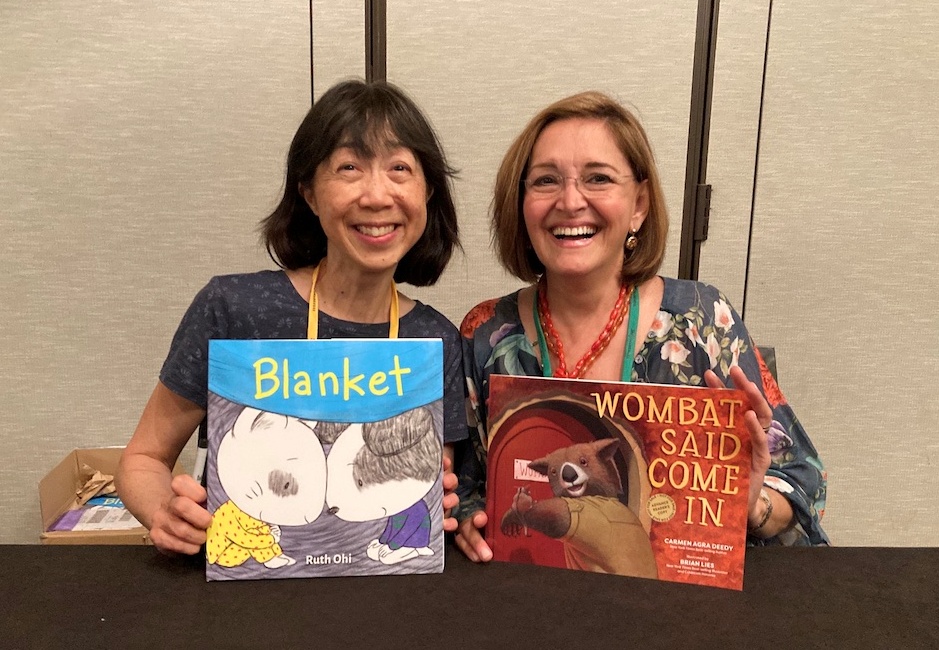 Ruth Ohi (Blanket, Groundwood) and Carmen Agra Deedy (Wombat Said Come In, Margaret Quinlin Books/Peachtree)
Ruth Ohi (Blanket, Groundwood) and Carmen Agra Deedy (Wombat Said Come In, Margaret Quinlin Books/Peachtree)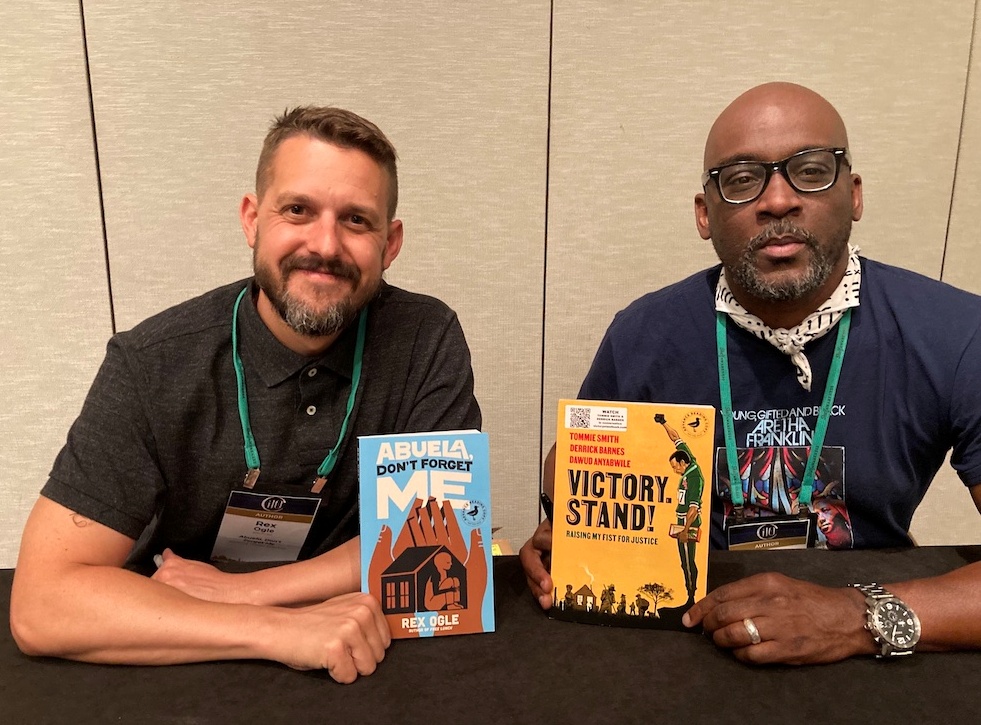 Rex Ogle (Abuela, Don't Forget Me) and Derrick Barnes (Victory, Stand), both from Norton Young Readers.
Rex Ogle (Abuela, Don't Forget Me) and Derrick Barnes (Victory, Stand), both from Norton Young Readers.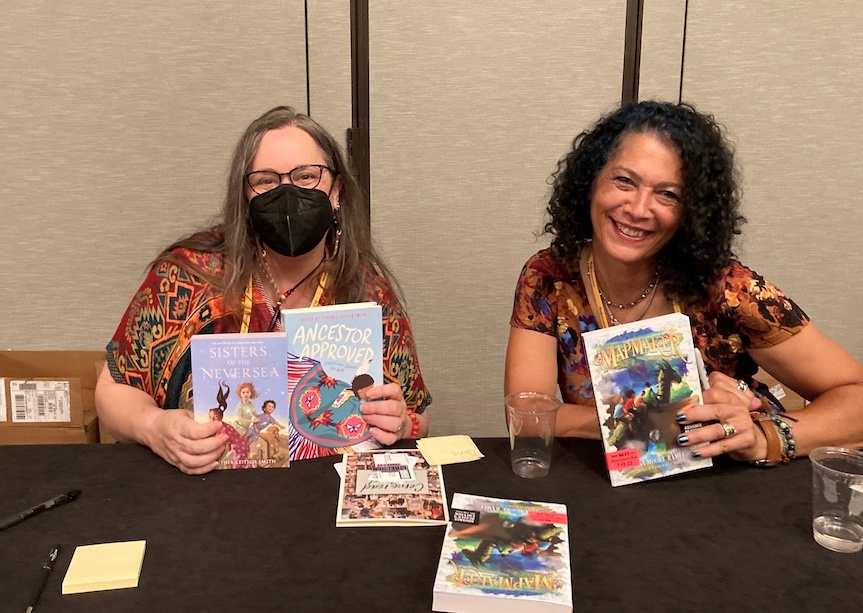 HarperCollins authors Cynthia Leitich Smith (Sisters of the Neversea and Ancestor Approved, from the Heartdrum imprint) and Lisa Moore Ramée (MapMaker).
HarperCollins authors Cynthia Leitich Smith (Sisters of the Neversea and Ancestor Approved, from the Heartdrum imprint) and Lisa Moore Ramée (MapMaker).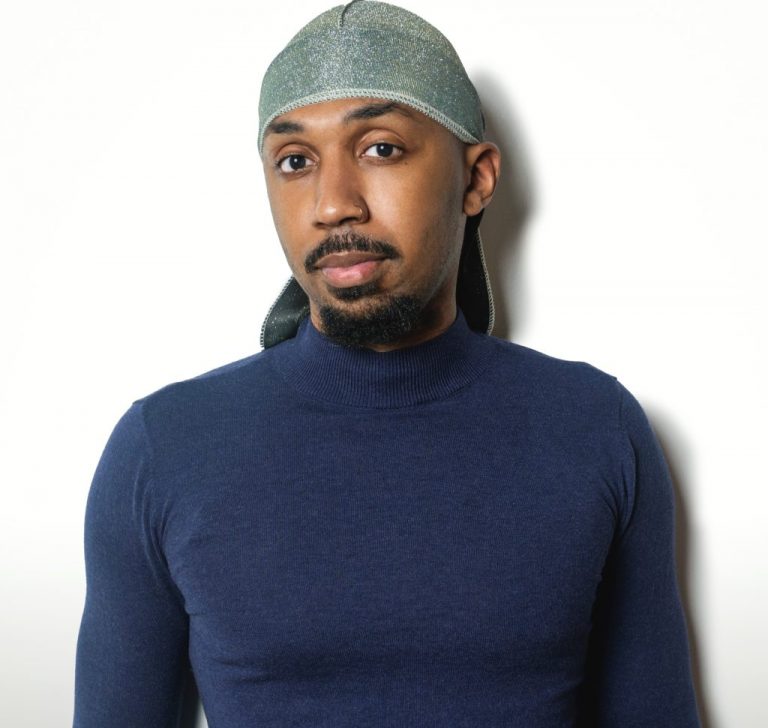
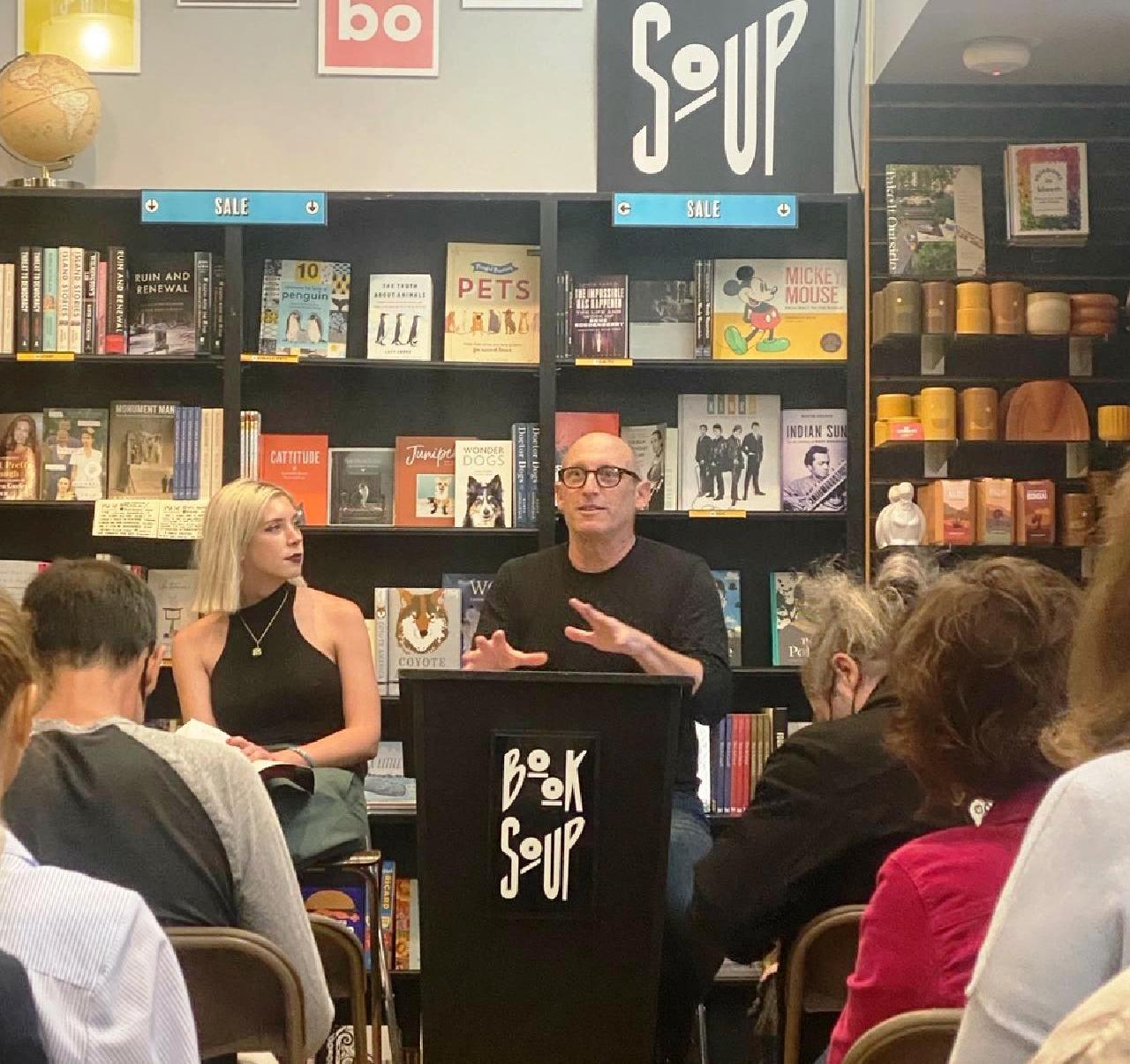
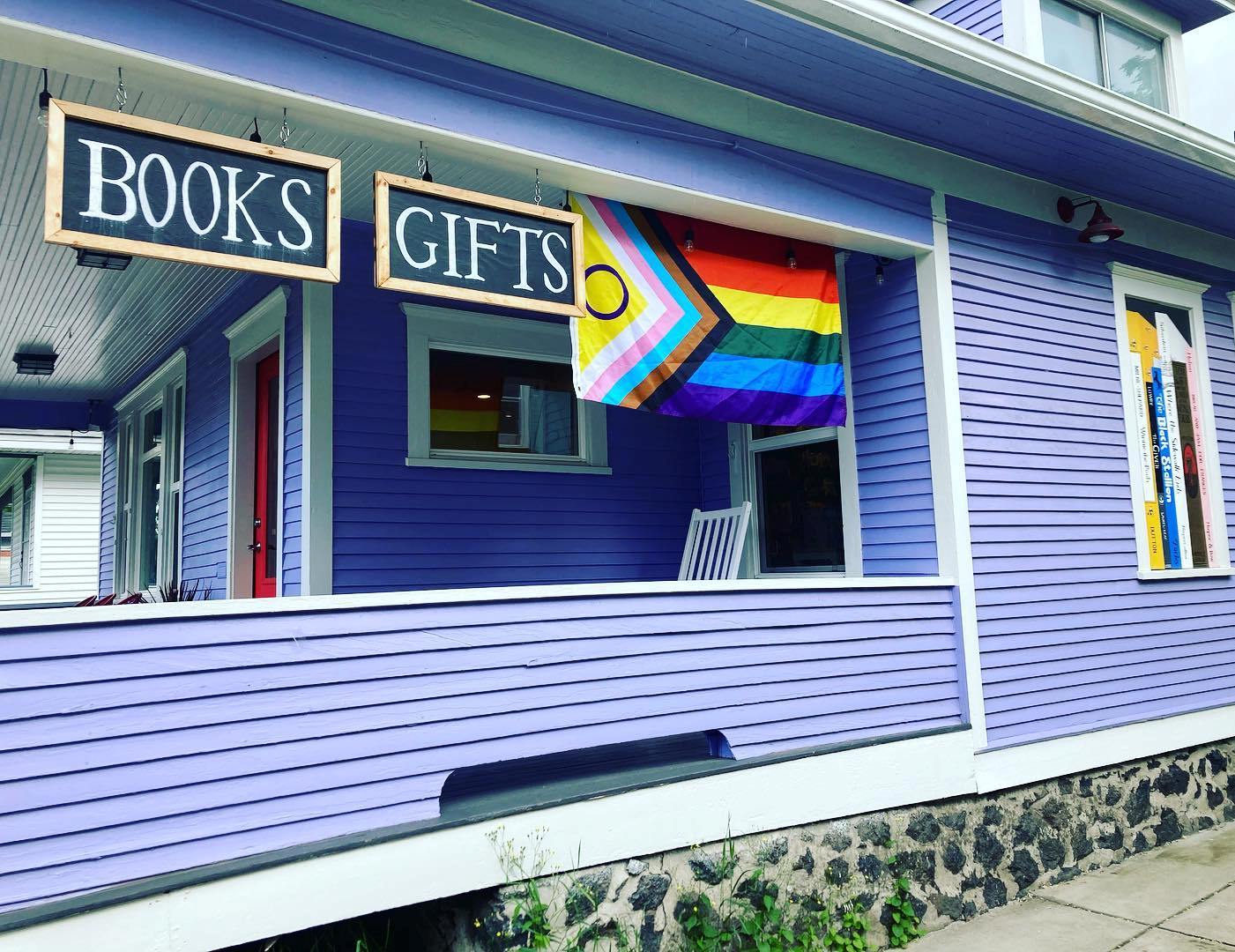 "
"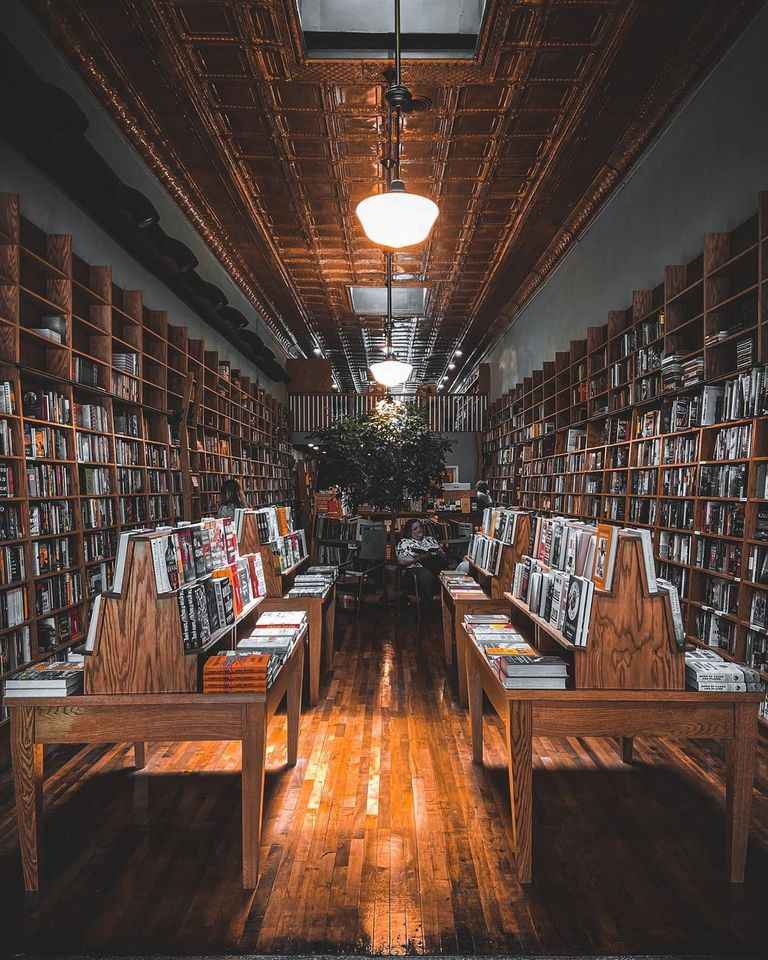 Posted by
Posted by 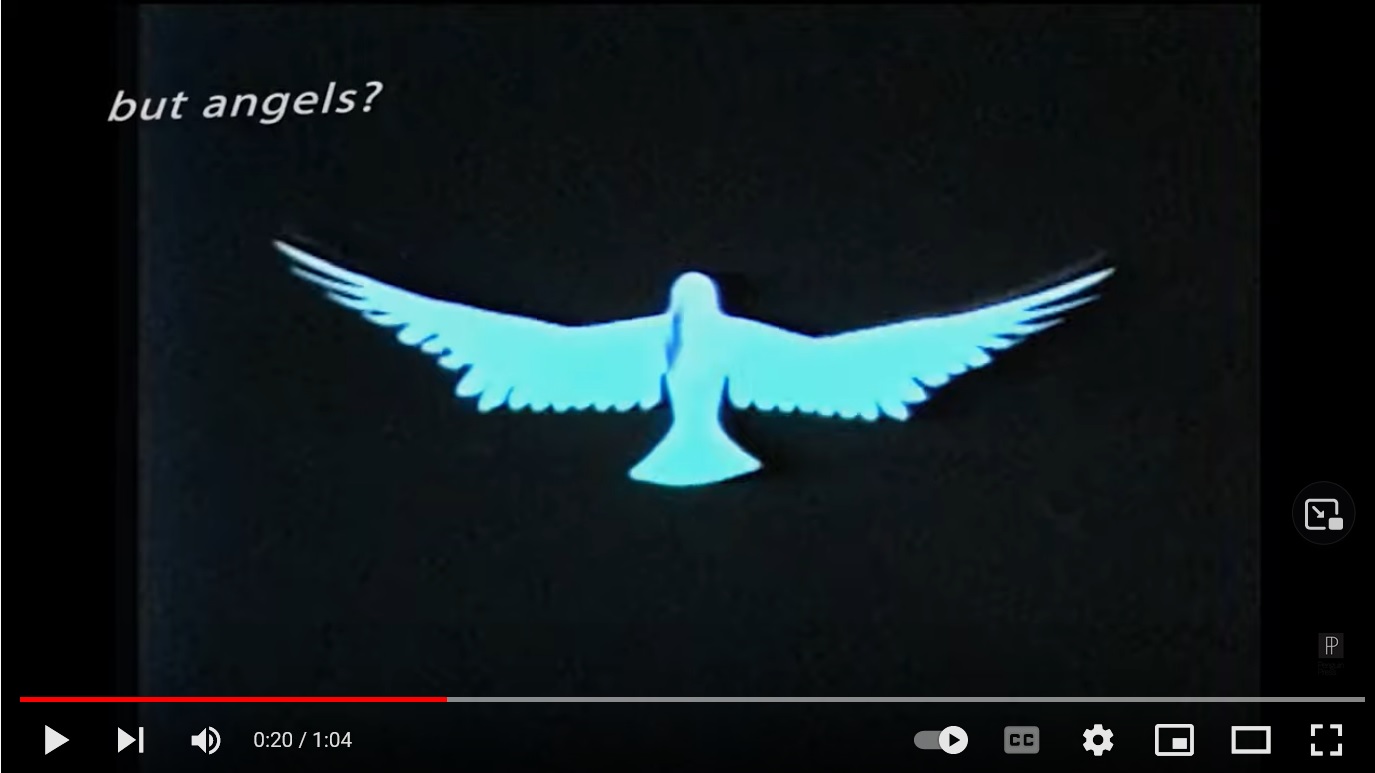 Lapvona: A Novel
Lapvona: A Novel
 Book you're an evangelist for:
Book you're an evangelist for: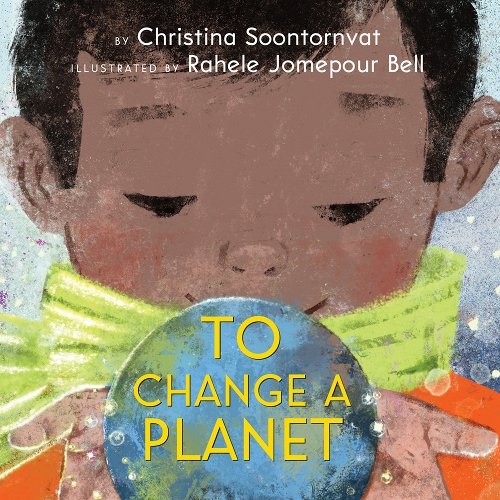 "One person seems small, quiet, and insignificant," but two-time Newbery Honoree Christina Soontornvat (
"One person seems small, quiet, and insignificant," but two-time Newbery Honoree Christina Soontornvat (